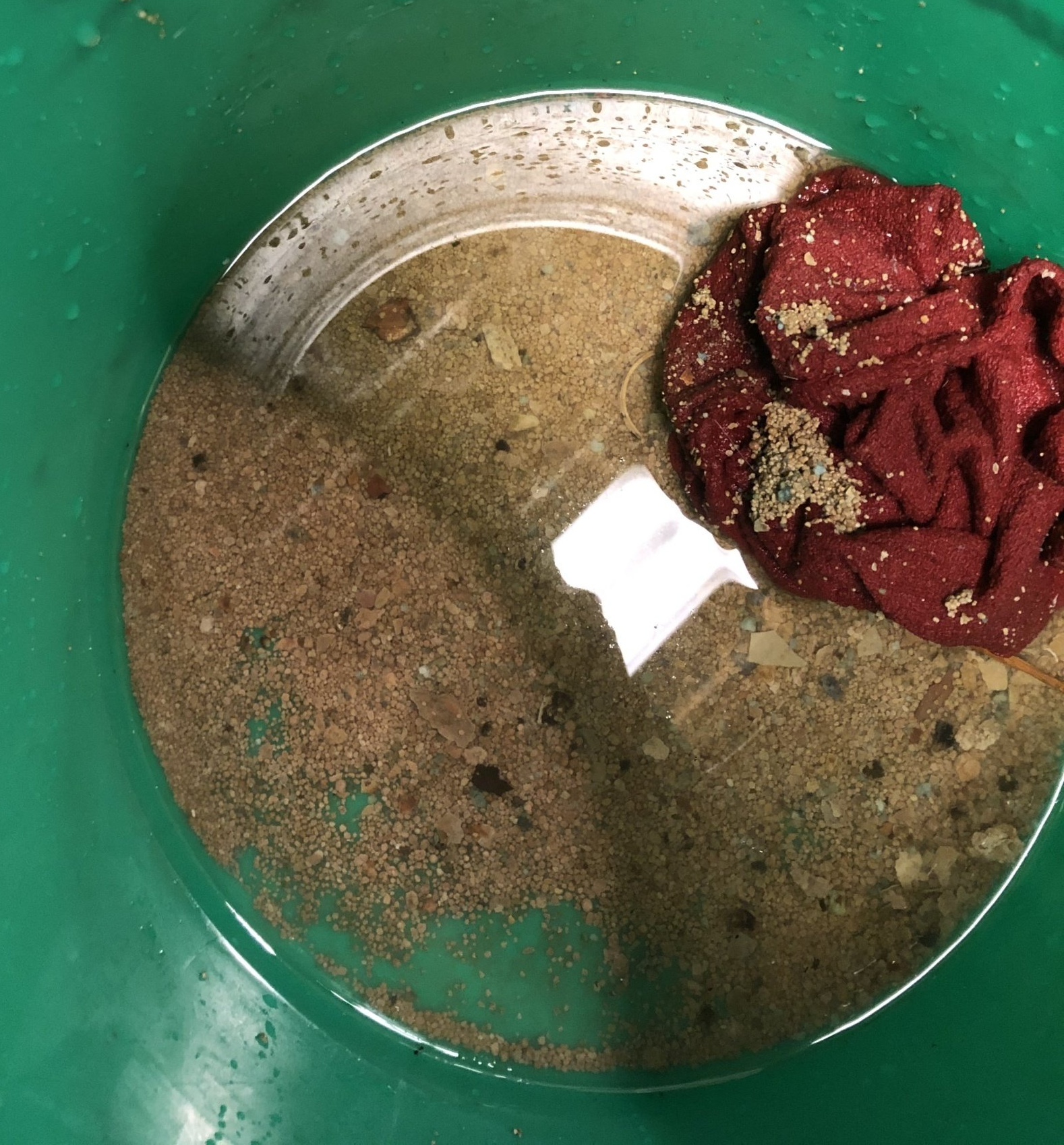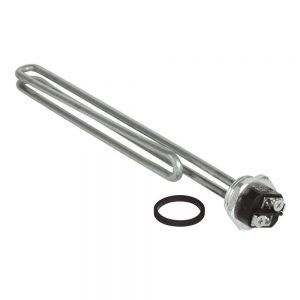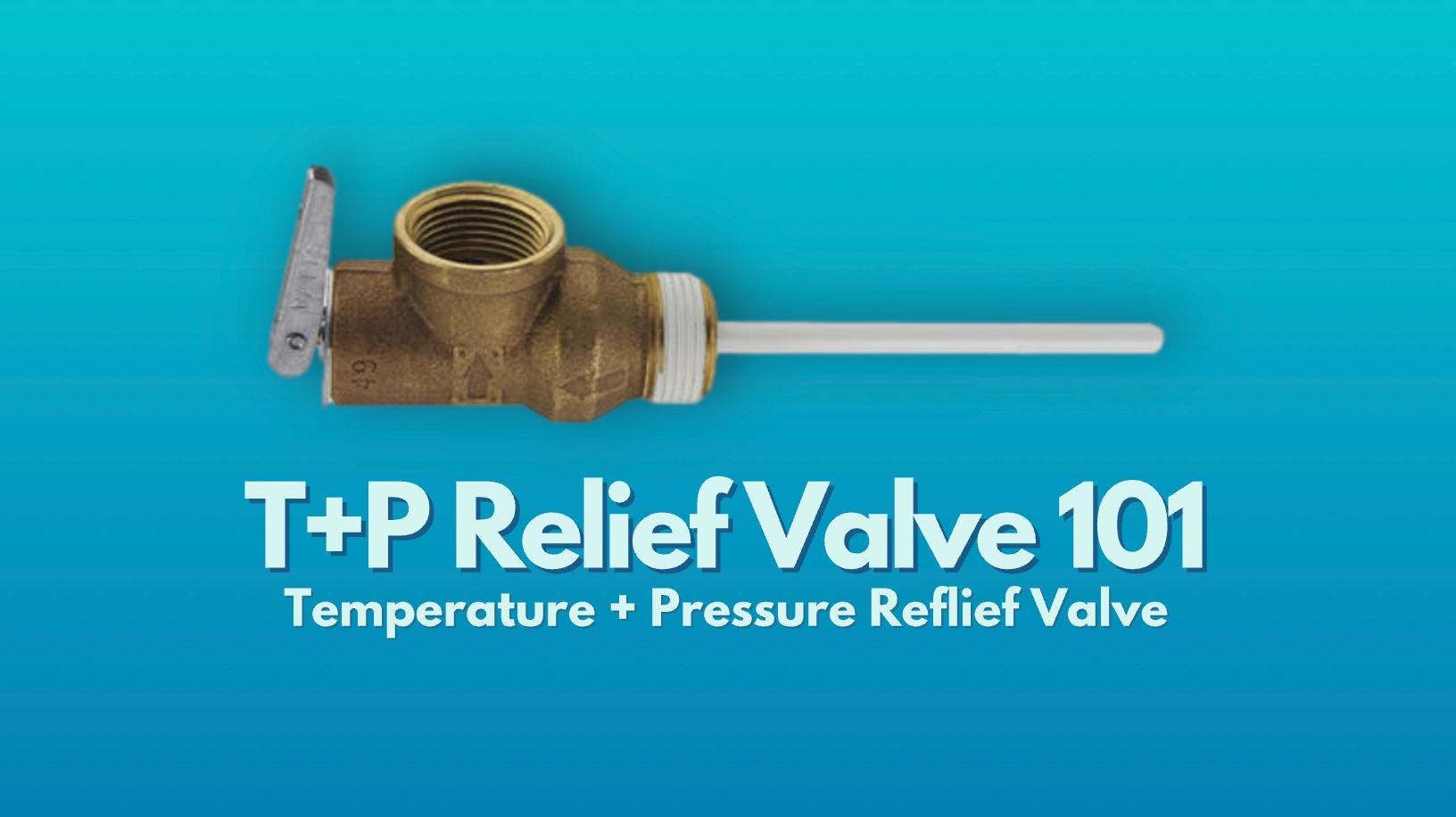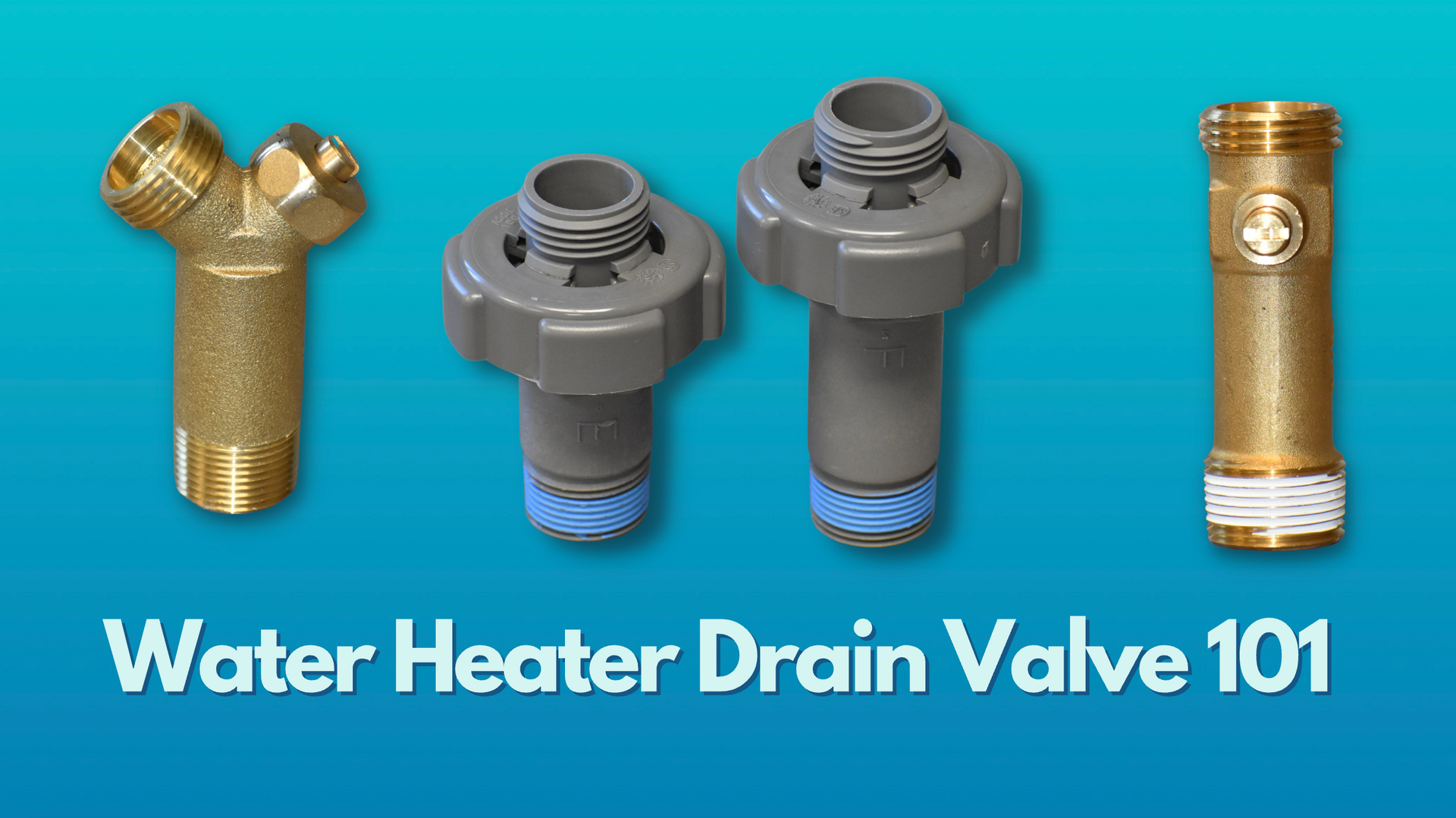Water Heater 101: Unusual Water Heater Sounds Solved
***DISCLAIMER: PLEASE REFER TO YOUR MANUFACTURER’S INSTALLATION MANUAL FOR INFORMATION REGARDING YOUR SPECIFIC MODEL. IF YOU ARE ATTEMPTING TO SERVICE YOUR OWN HEATER, PLEASE DO SO WITH CAUTION. THIS ARTICLE IS MEANT TO PROVIDE AN INFORMATIVE + EDUCATIONAL SUMMARY AND DOES NOT SUPERSEDE OFFICIAL ONSITE DIAGNOSIS/REPAIRS OR INFORMATION FROM YOUR UNIT'S MANUFACTURER.***
Element or Backfire?
What Causes a Water Heater to Backfire?
Sediment Build-up | Sediment is any type of solid material that remains inside of your tank. Water heaters may have sediment build-up as a result of the type of water that is being sourced into your home or business. For example, the water in the City of Chicago comes from Lake Michigan, while the water in some Chicago suburbs and smaller cities/towns tends to come from well water. Although each water supply is different, someone whose home or business runs off of well water is more likely to experience a sediment build-up due to the mineral content. Some examples of sediment-causing elements include lime, iron, calcium and magnesium. The sediment builds up at the bottom of the tank. This can clog the water heater’s drain as well as cause leaks. If the sediment continues to build, it can also contribute to erosion. It is also possible for the sediment to make loud noises when the water beneath the sediment struggles to escape; once it is finally heated to the necessary temperature, the water escapes the sediment and you are likely to hear a loud sound, as in the video below.
Sediment Popping on an A.O. Smith Water Heater
The SOLUTION
Preventative Maintenance: Draining & Flushing the Unit
Our technicians are on the job to service your unit(s) and to educate! Techs often explain and provide little tips and tricks (like draining/flushing) to help ensure that your heater’s full life span is reached. Most manufacturers recommend an annual or bi-annual flush of your unit, depending on your water quality; please refer to your installation manual's maintenance section for additional details.
Note: Depending on your water quality and usage, if your unit is 4+ years old and has never been drained and flushed, a technician may recommend against a flush because longstanding sediment that gets removed may result in erosion and weak spots, causing your heater to leak sooner as opposed to extending its life.
Delayed Ignition: Power Vent Heaters
In some cases, water heaters may have ignition issues that become apparent as a result of the loud popping sounds they cause. In a water heater, repeated failed ignition attempts often mean that the gas has no outlet and remains in the burner chamber. Similar to the explanation of sediment build-up, the gas builds up. If the spark is finally able to ignite and there is excess gas in the chamber, you will hear a loud sound (possibly a gunshot-like sound). Additional causes of delay ignition include, but are not limited to: a dirty blower or blocked gas flow to the pilot burner.
***DELAYED IGNITION IS A VERY DANGEROUS SITUATION***
The SOLUTION
A Diagnose + Repair Service Call
Our technicians are factory trained and certified to repair units experiencing delayed ignition and hundreds of other issues. A technician with a delayed ignition case will first check the ignition, flame rod, and burner chamber; he/she may also check the gas flow and the pilot to determine the cause(s) of the delayed ignition. Please be sure to hire a professional repair service or contact your to ensure that this situation does not escalate.
Venting Issues: Power Vent Heaters
Another larger water heater issue stems from the original installation. If the water heater does not have proper venting, it may be struggling to properly cycle and exert air. A blocked vent may be the cause of a backfiring unit, typically the result of installation error. In some cases, a venting issue can result in the void of your unit’s warranty. Installation specs are listed in the manufacturer’s installation manual, alongside information regarding issues which are not covered by the warranty. | Note: Power Vent heaters are vented with PVC.
The SOLUTION
A Site Inspection + Service Call
Depending on the severity of the issue, you may be asked to submit photos of the installation location in advance so that technicians can pre-assess any potential venting issues prior to arriving on site. During a site inspection, the technician will examine the venting and installation of the unit, which can help determine whether the unit was installed properly. From there, the technician will provide the potential options for repair.
Other Instances of Popping Sounds
In Case #2, we received a call from a Rheem residential customer whose unit required a diagnosis and repair. The customer described hearing a popping sound, which led to our technician replacing the unit’s upper element and thermostat. Elements (see image on the left) typically last the duration of 8 to 10 years. Residential water heaters typically have two elements (an upper and a lower). The elements are responsible to heating the water to the temperature set by the thermostat. Depending on the type of unit you have, the bottom element typically goes on first unless the unit is wired for simultaneous heating. This customer likely heard the element or the breaker popping. Elements may make a popping sound when they are not receiving sufficient airflow and they may be turned off as a result of the culmination of these events causing a circuit to be tripped to the off position.
The SOLUTION
A Diagnose & Repair Service Call
In this case, the customer’s unit required a new element and thermostat, as determined by a technician visiting the site and checking the unit. Although element-based issues are fairly common, technicians will diagnose the unit based on the sounds and issues you report. Then, they will follow-up with the possible repair options.
If your water heater is making any unusual sounds or you would like to take preventative measures to ensure the longevity of your heater, please call our us: (833)-879-4776 or fill out our request for estimate form.
Last Updated: January 2021
You Might Also Like
Navigation
Services
Regular Office Hours
- Mon - Fri
- -
- Sat - Sun
- Closed
Emergency Dispatch
- Mon - Sun
- Open 24 Hours
24/7/365 Service
All Rights Reserved | US Water Heating Solutions | Site Created by ABN










